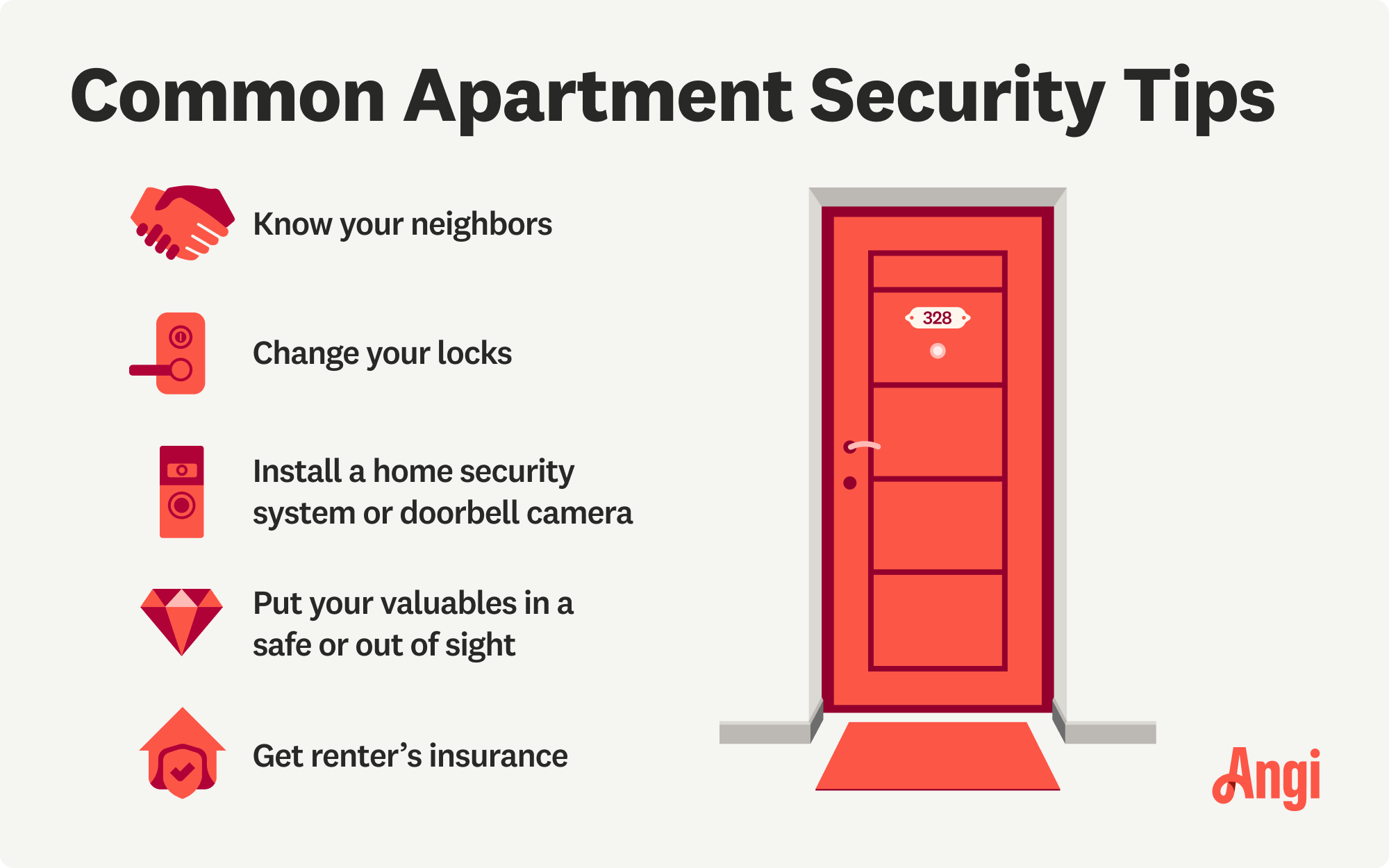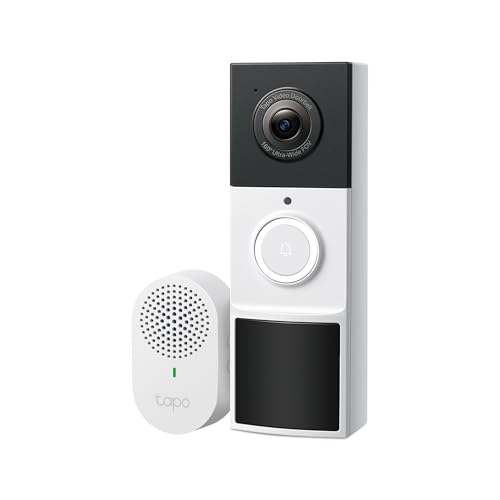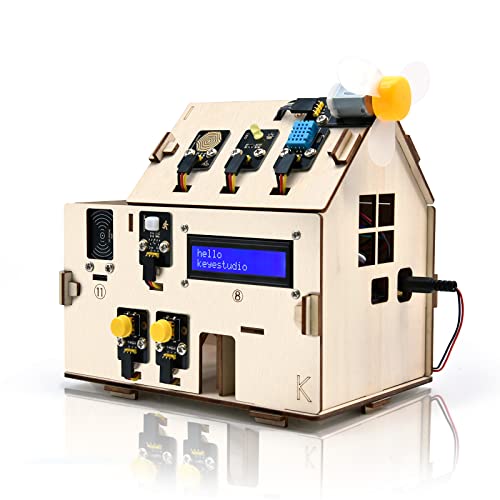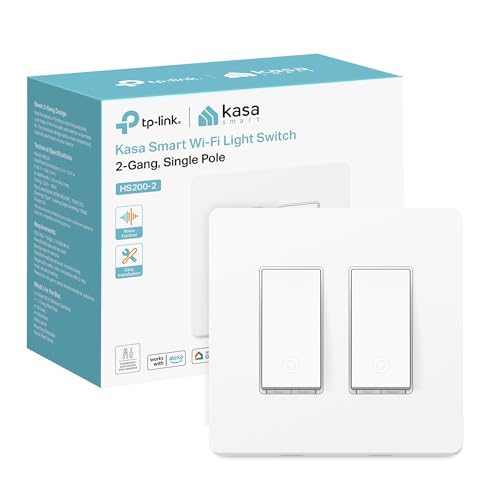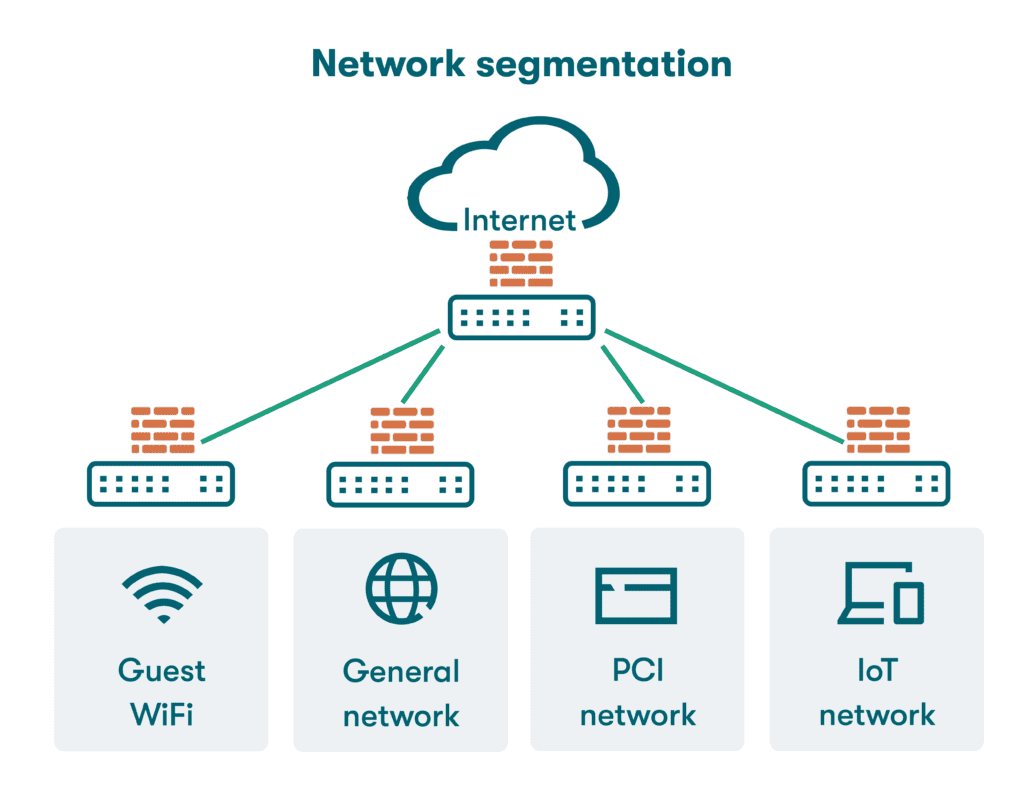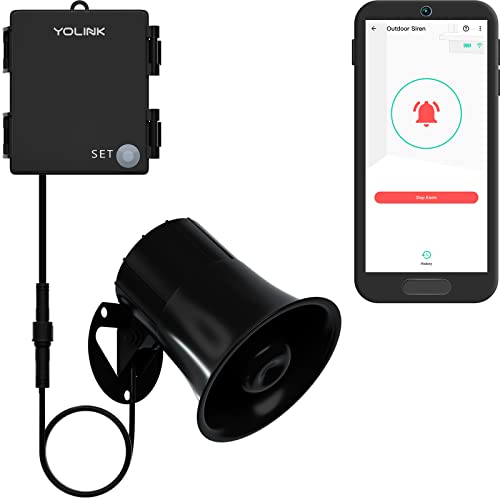Your home is your safe space, the place where you and your loved ones should feel completely secure. But how confident are you that your home is truly protected?
Simple steps can make a huge difference in keeping burglars and unwanted visitors away. You’ll discover easy and effective home security tips that anyone can follow. By the time you finish reading, you’ll have practical ideas to boost your home’s safety and peace of mind.
Ready to take control of your home’s security? Let’s get started.
Assessing Home Vulnerabilities
Knowing your home’s weak spots helps keep your family safe. Assessing vulnerabilities can stop break-ins before they start.
Check all areas carefully. Small details can make a big difference in security.
Identifying Entry Points
Entry points include doors, windows, and garages. These are places intruders try to use first.
Look for hidden or weak spots near these areas. Even small openings can be a risk.
- Main doors without strong frames
- Windows left open or unlocked
- Garage doors without proper locks
- Basement or side doors hidden from view
Evaluating Lighting And Visibility
Good lighting makes your home less inviting to intruders. Dark corners or shadows offer cover.
Check if your home’s front, back, and sides have enough light. Motion sensors add extra security.
- Install outdoor lights near doors and windows
- Use motion-activated lights for driveways and paths
- Trim bushes and trees to improve visibility
- Keep pathways clear and well-lit
Checking Locks And Windows
Locks protect your home’s entry points. Old or broken locks need fixing or replacing.
Windows should close tightly and lock securely. Sliding windows often need extra locks.
- Use deadbolt locks on all exterior doors
- Check window locks for damage or wear
- Consider adding security bars for basement windows
- Replace weak or missing locks immediately

Credit: mydreamhome.liveblog365.com
Choosing The Right Security System
Choosing a good security system helps keep your home safe. It protects your family and belongings from harm.
There are many types of security systems. Learn about options to find one that fits your needs.
Types Of Security Systems
Security systems come in many forms. Some use cameras, alarms, or sensors to detect danger.
Here are some common types:
- Wired systems connect with cables and are very reliable.
- Wireless systems use Wi-Fi or cellular signals for easy setup.
- Alarm-only systems alert you with loud sounds.
- Camera-based systems let you watch your home remotely.
- Motion detectors sense movement and trigger alerts.
Smart Home Integration
Many security systems work with smart home devices. This lets you control them from your phone.
You can link cameras, lights, and alarms. Smart integration adds convenience and extra safety.
- Turn on lights remotely to make your home look occupied.
- Receive alerts on your phone instantly.
- Use voice commands to arm or disarm systems.
- Check cameras anytime from any place.
Professional Monitoring Vs Diy
Some systems offer professional monitoring. Experts watch your home and call for help if needed.
DIY systems let you monitor your home yourself. This often costs less but needs more effort.
- Professional Monitoring:24/7 watch by trained staff
- Professional Monitoring:Quick emergency response
- DIY Monitoring:You get alerts on your phone
- DIY Monitoring:No monthly fees
- DIY Monitoring:You decide when to call for help
Enhancing Physical Barriers
Physical barriers are the first line of defense in home security. Strengthening these barriers helps keep intruders out.
Simple improvements can make your home harder to enter. This reduces the risk of break-ins.
Reinforcing Doors And Windows
Doors and windows are common entry points for burglars. Reinforce them to increase your home’s safety.
Use strong materials and add extra locks. This makes it harder to break or force open doors and windows.
- Install deadbolt locks on all exterior doors
- Use window locks or security bars
- Replace weak doors with solid core or metal doors
- Apply shatter-resistant window film
Installing Security Cameras
Security cameras help monitor your property. They act as a deterrent and record any suspicious activity.
Place cameras where they cover entrances and dark areas. Make sure they are visible to discourage intruders.
- Use outdoor cameras with night vision
- Cover all main doors and windows
- Check camera angles regularly
- Connect cameras to a recording system
Using Motion Sensor Lights
Motion sensor lights turn on when they detect movement. This surprises intruders and draws attention.
Install these lights near doors, windows, and walkways. They improve safety and lower the chance of a break-in.
- Choose bright LED lights for better visibility
- Set lights to cover all entry points
- Adjust sensitivity to avoid false alarms
- Use solar-powered lights for easy installation
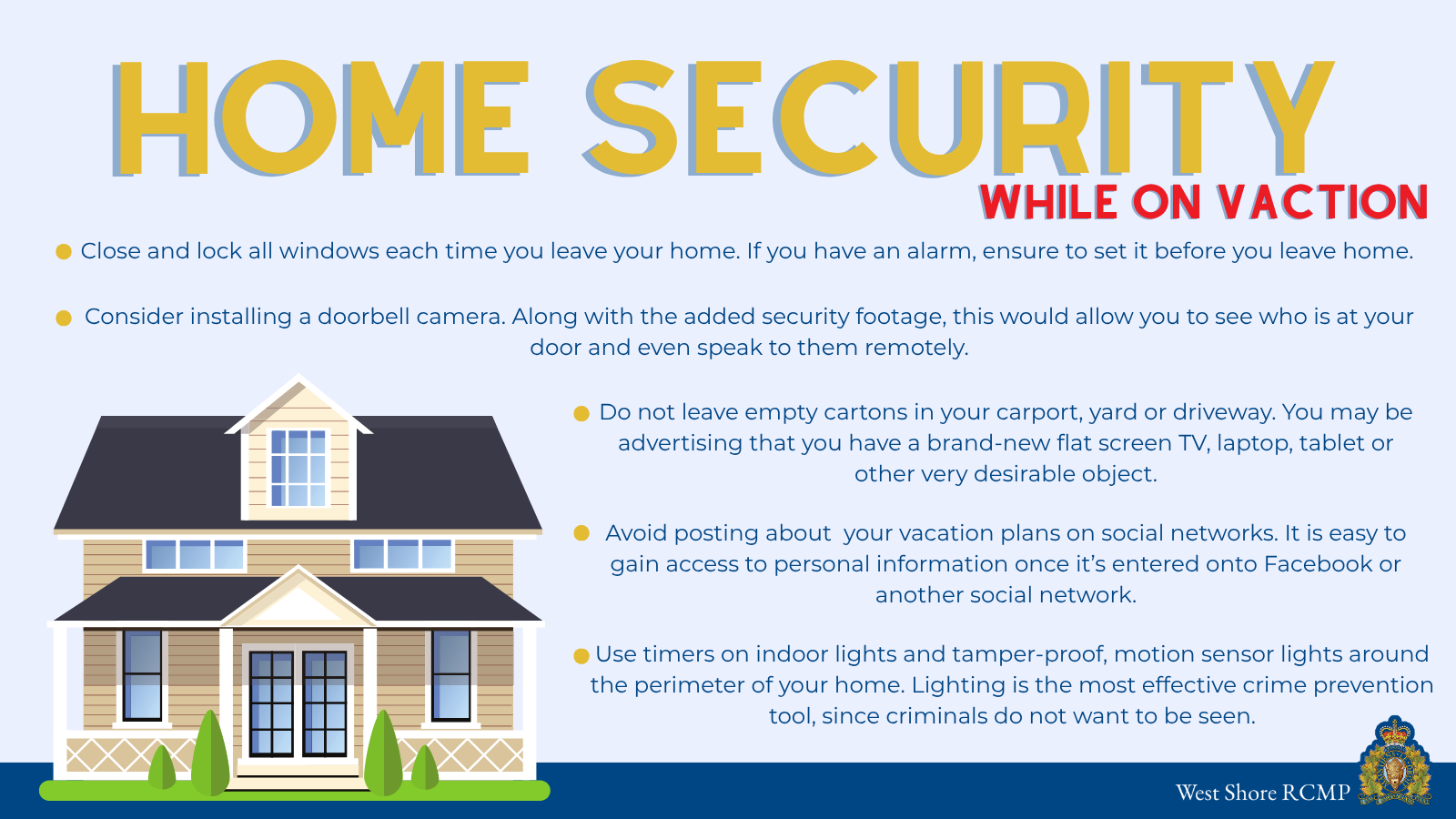
Credit: x.com
Safe Habits For Residents
Keeping your home safe starts with good habits. Small actions can stop many problems.
These habits help protect your family and belongings every day.
Locking Doors And Windows Consistently
Always lock your doors and windows before leaving. This helps keep strangers out.
Check that locks work well and fix any broken ones quickly.
- Lock all doors, even inside ones
- Close windows before leaving home
- Use deadbolt locks for extra security
- Check locks regularly for damage
Managing Spare Keys Wisely
Keep spare keys in safe places only. Avoid hiding them outside near doors.
Give spare keys only to people you trust completely.
- Give a key to a close family member or friend
- Do not leave spare keys under doormats or flower pots
- Use a lockbox with a code for trusted access
- Change locks if a spare key is lost
Being Cautious With Social Media
Think before sharing your location or travel plans online. This helps keep your home safe.
Limit details about your schedule to avoid attracting unwanted attention.
- Do not post when you are away from home
- Avoid sharing exact addresses publicly
- Use privacy settings to control who sees your posts
- Wait until you return home to share travel photos
Neighborhood And Community Measures
Keeping your home safe is easier when the whole neighborhood works together. Community efforts help prevent crime and protect everyone.
Neighbors who communicate and watch out for each other create a safer place to live. Small actions by many people make a big difference.
Joining Neighborhood Watch
Neighborhood Watch is a group of people who keep an eye on each other’s homes. Members learn how to spot and report suspicious activity.
Joining the watch helps you stay informed about local safety issues. It also builds trust among neighbors and police officers.
- Attend local meetings to learn and share information
- Report unusual behavior to authorities quickly
- Use newsletters or online groups to stay updated
Communicating With Neighbors
Talking regularly with neighbors helps everyone feel safer. You can share safety tips and alert each other about problems.
Good communication builds friendship and trust. It also makes it easier to work together when there is a security concern.
- Create a phone or text group for quick alerts
- Organize regular meetups or block parties
- Share contact details for emergencies
Organizing Community Patrols
Community patrols are groups of neighbors who watch the area at certain times. They help spot trouble and make criminals think twice.
Patrols do not need to be armed. Their presence alone can reduce crime and make people feel safer.
- Set a schedule that fits volunteers’ availability
- Use reflective vests or badges to identify patrollers
- Report any problems to the police immediately

Credit: waddingtonvillage.co.uk
Preparing For Emergencies
Emergencies can happen at any time. Being ready helps protect your home and family.
Simple steps can make a big difference in keeping everyone safe during a crisis.
Creating An Emergency Plan
Make a clear plan for what to do in an emergency. Share it with your family members.
Decide on meeting spots and how to contact each other if phones do not work.
- Choose a safe place inside and outside your home
- Assign roles like who grabs emergency supplies
- Practice the plan regularly with your family
- Keep important phone numbers handy
Securing Valuables
Protect your valuables to prevent loss during emergencies. Use secure storage options.
Keep important documents and items in fireproof and waterproof safes.
- Store passports, birth certificates, and insurance papers safely
- Use lockboxes or safes for jewelry and cash
- Take photos or videos of valuables for records
- Do not leave valuables where they are easy to see
Staying Informed On Local Crime
Know about crime trends in your area. This helps you prepare and stay alert.
Use local news, community groups, and police reports to get updates.
- Sign up for neighborhood watch alerts
- Attend local safety meetings
- Report suspicious activity to authorities
- Share safety tips with neighbors
Frequently Asked Questions
What Are The Easiest Home Security Tips For Beginners?
Start by locking all doors and windows consistently. Use motion sensor lights outside. Install a basic alarm system. Trim shrubs to eliminate hiding spots. These simple steps greatly reduce burglary risks and enhance your home’s safety.
How Can Smart Technology Improve Home Security?
Smart devices allow remote monitoring via smartphones. Install smart cameras, doorbells, and locks for real-time alerts. Automation can simulate occupancy when away. These features increase convenience and provide immediate responses to suspicious activities.
What Are The Best Practices For Securing Doors And Windows?
Use deadbolt locks on all entry doors. Reinforce door frames with strike plates. Install window locks and security film. Keep doors and windows closed and locked even when home. These measures prevent easy break-ins through common entry points.
How Important Is Outdoor Lighting For Home Security?
Outdoor lighting deters intruders by eliminating dark hiding spots. Use motion-activated lights around entrances and pathways. Well-lit exteriors increase visibility and reduce burglary chances. Proper lighting is a simple, cost-effective security enhancement.
Conclusion
Securing your home is essential for peace of mind. Simple steps can make a big difference. Lock doors and windows every night. Install outdoor lights to deter intruders. Consider a home security system for extra protection. Keep valuables out of sight to avoid temptation.
Build strong relationships with neighbors. They can help watch your home when you’re away. Regularly update your security measures to stay safe. Remember, a secure home is a happy home. Take action today to protect what matters most. Your loved ones and possessions deserve it.
Stay vigilant, stay safe.
17 min read

